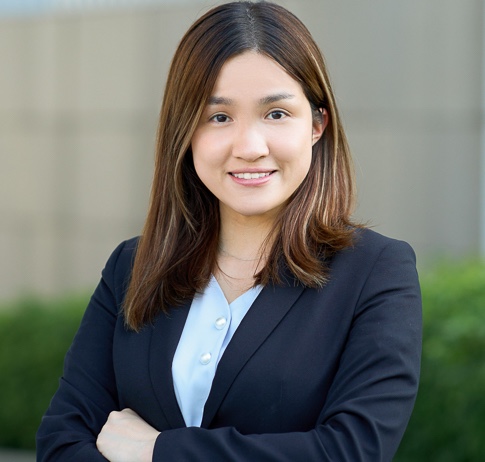Article
Hong Kong | AI-generated content – who owns the copyright?
10 July 2023 | Applicable law: Hong Kong | 3 minute read
“Imagination is the beginning of creation. You imagine what you desire, you will what you imagine and at last you create what you will."
As the opening quote by George Bernard Shaw, a famous Irish playwriter illustrates, creation has long been perceived to be a process innate and unique to humanity. This is also the overarching understanding around which copyright laws in Hong Kong are organised and what copyright is designed to reward – human effort and originality. In the past few months, however, great strides have been made in the development of generative AI such as ChatGPT1 and Midjourney2. These tools can generate complex texts, images, songs and videos in a matter of seconds with just a few inputs from users. These new inventions suggest human is no longer indispensable in the creative process.
In Hong Kong, copyright is a property right granted under the Copyright Ordinance (Cap. 528) ("CO") in original literary, dramatic, musical or artistic works, sound recordings, films etc, entitling the owner of a copyright work the exclusive right to use and publish the copyright work. The degree of originality required for copyright to subsist was original skill and labour by the author in bringing that work into existence. At the time of writing, the CO not only grants protection to work created by a human author, but also work generated wholly by a computer without any direct human involvement ("Computer-generated Work").
At this moment, AI cannot own copyright.
In respect of Computer-generated Work, the author will be the person by whom the arrangements necessary for the creation of the work are undertaken, which may include developer of the software, who may subsequently assign such rights to third parties or grant the licence to use such work to end users. At this moment, AI cannot own copyright but this invites debate on whether Computer-generated Work ought be given any copyright protection at all.
From a utilitarian point of view, copyright work generated by a person usually involves months or years of effort and investment. Copyright provides economic reward and incentive to encourage constant invention. Comparatively, Computer-generated Work does not require the same degree of time and effort. On average, ChatGPT and Midjourney take seconds to produce a response or image respectively. It is therefore arguable that giving the same level of incentive to a Computer-generated Work and human-generated work would be disproportionate to the amount of time and effort invested to produce the Computer-generated Work and would indirectly stifle human involvement in creation. There also lacks empirical study on whether copyright protection will incentivise investments into the research and development of generative AI.
On a conceptive level, giving copyright protection to a Computer-generated Work is also at odds with the human toil in creation that copyright is designed to reward.
On a wider policy level, to what extent should copyright be given for Computer-generated Work is also underpinned by a society's willingness to embrace the advancement of AI. The recent breakthrough in generative AI has aroused concern over the risk that AI may disrupt labour market and become a conduit to spread misinformation. Major jurisdictions, such as Mainland China, the European Union, the United Kingdom and the United States have begun to formulate regulations on the development and application of AI, and in doing so, to build a social consensus in this respect.
IP issue is relevant at various development stages of a generative AI.
On a related note, IP issue is also relevant at various development stages of a generative AI. To begin with, at development stage, generative AI tools have to be fed with a large data set comprising potentially copyright protected materials in order for it to master the pattern of data it is going to produce. After its launch, AI models will be updated regularly, for instance through training by a larger dataset to improve its accuracy.
However, there is currently no system to alert copyright owners of such usage to ensure any such usage has been licensed or exempted under the law. Recently, lawsuits were filed by certain artists and Getty Image against various AI developers in the US and the UK for using their copyright works to train AI tools without their permission or consent. These lawsuits illustrate the need for an IP regime to protect existing copyrights effectively while still allow innovation in AI development.
Hong Kong has not formally opened the dialogue on law reform in response to the use of generative AI. This is an exciting and fluid space to look out for going forward.
2. Midjourney is an AI-powered image generating tool developed by Midjourney Inc. to generate images based on descriptions by users.

